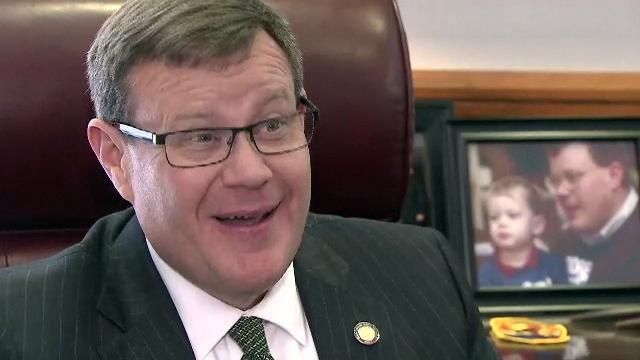Editorial: State should make sure ALL in need are tested for coronavirus
Tuesday, March 10, 2020 -- At least $13 million in emergency federal funding set aside for North Carolina to address local public health needs associated with the coronavirus outbreak. Several states have announced that some of their funds will be used to pay for - or substantially subsidize - the cost of coronavirus testing for patients who lack health coverage. This state should do the same -- regardless of its unwise refusal to expand Medicaid coverage.
Posted — UpdatedBut this is a state where the General Assembly’s leadership has steadfastly refused to extend health coverage to those who need it but cannot afford it. Should Cooper decide to use the emergency federal funds for the coronavirus testing, no one should ignore the very real possibility legislative leaders might try to block it.
Preposterous, you say. Not so fast.
In opinion poll after opinion poll, North Carolina citizens are overwhelming in their support of expanding Medicaid.
Concerns over costs – and risks to the public if people who need testing don’t get it -- are not hypothetical.
Isn’t it remarkable that there could even be a thought that the legislature might stop the state from paying for coronavirus testing? Yet, this legislature’s record makes it a legitimate worry.
These federal funds SHOULD be used to be sure EVERYONE who needs to be tested, regardless of financial status, has it done. The legislature needs to stay out of the way.
Copyright 2024 by Capitol Broadcasting Company. All rights reserved. This material may not be published, broadcast, rewritten or redistributed.





